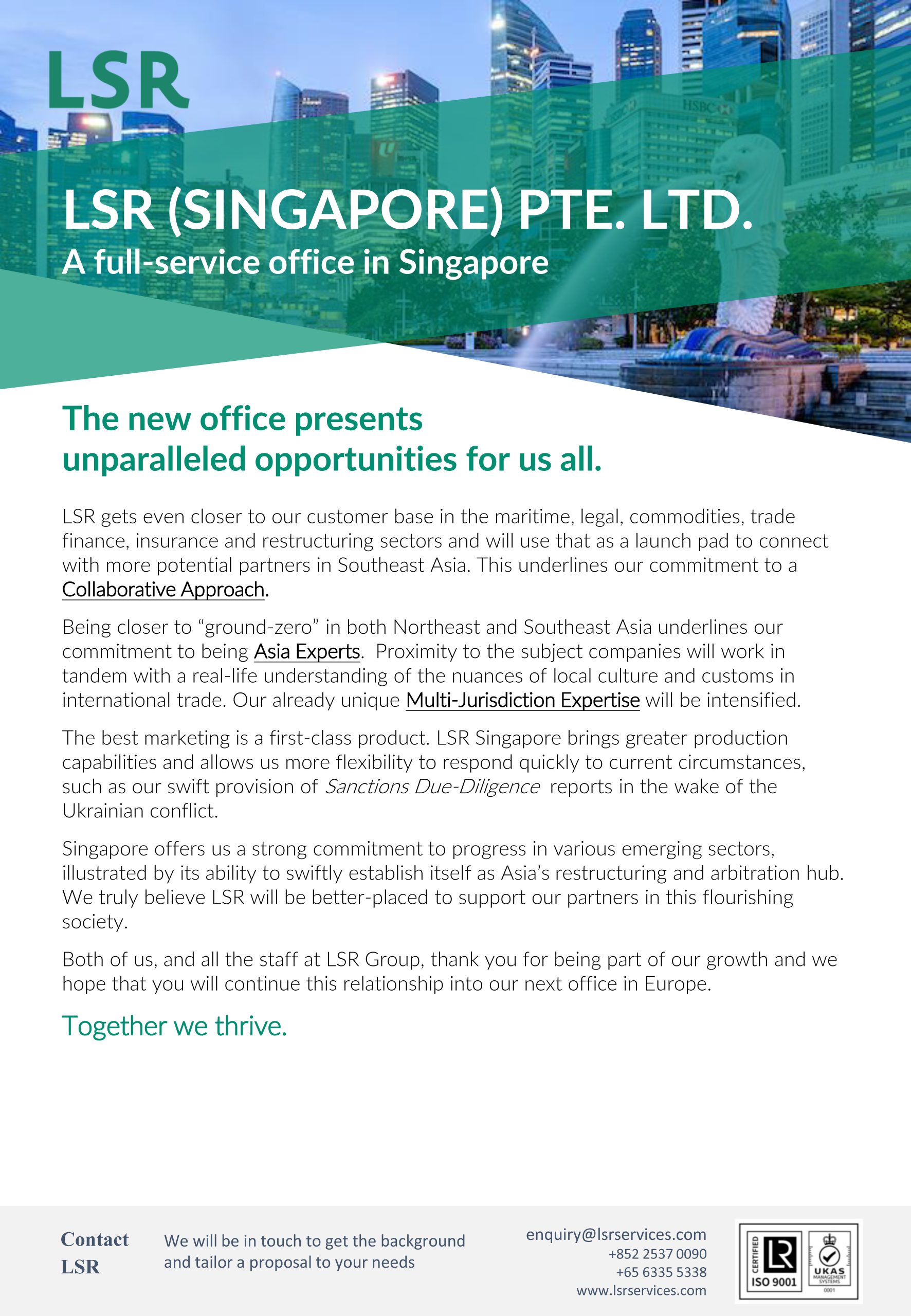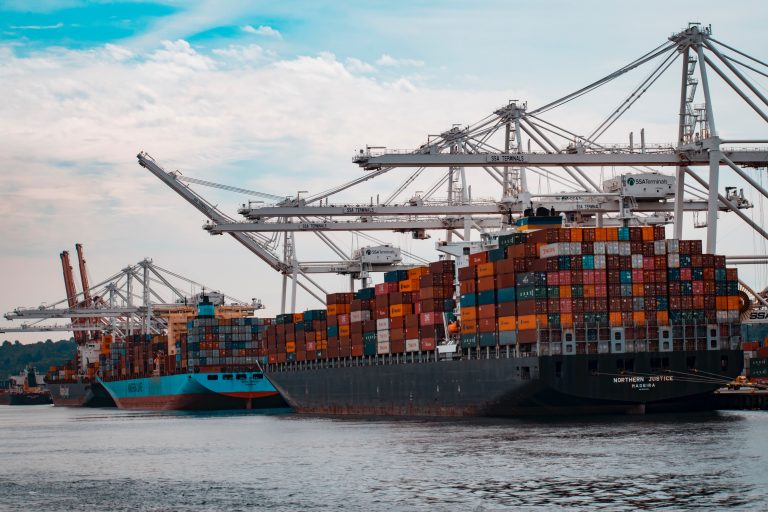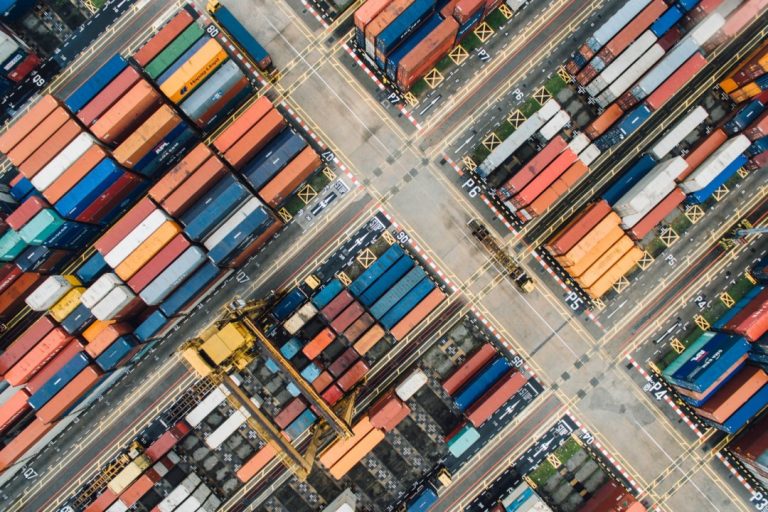LSR Services – listed on GTR Financial Institutions & Advisory Director 2020-2021
UncategorizedASIA EXPERTS | COLLABORATION | OFFSHORE & CROSS-BORDER
LSR Services runs targeted commercial investigations into low-profile companies, cross-border trades and finance flows worldwide.
Founded in 2008, LSR has carved out an impressive niche, working for Big 4 accountancy firms, leading trade finance banks, private trading conglomerates, Lloyd’s syndicates, lawyers and TCIs.
Discretion is our middle name and our ISO 9001:2015 audited approach underlines our unique professionalism and expertise in this sector.
Recent cases include recoveries in USA, South Africa, Rotterdam, Indonesia, Taiwan, Thailand and Hong Kong on behalf of finance providers, lawyers and insurers. Identification of documentary and trading fraud in the finance of steel products, textile, oil and agriproducts trades. Forensic investigations into trade flows and the arrest of cargo and ships.
LSR listens to the details, understands what you need and gets you results that save time & money, increase recovery rates and give you a competitive advantage.
US Treasury issues direct sanctions warning to the maritime, energy and metals sectors!
UncategorizedFollowing on from last week’s prediction that the maritime industry is under the increasingly focused gaze of US sanctions investigators yesterday saw the publication of an extensive announcement from the US Treasury. It directly warns members of the maritime, energy and metals sectors of sanctions-busting techniques currently being used and gives direct advice to these sectors as to how to bolster their compliance procedures. As we noted last week, showing that you have some due-diligence procedures that are actually being carried out is about the only defence if things go wrong.
You may review the full document on this link: https://www.treasury.gov/resource-center/sanctions/Programs/Documents/05142020_global_advisory_v1.pdf
How we may help? LSR Services provides sanctions-related advice, due-diligence services and risk-management tools for shipping companies, commodity traders and brokers. We are trusted to uncover the truth. Contact us on enquiry@lsrservices.com or phone direct to arrange a confidential tele-meeting on +852 25370090.
Bad news about Covid19 is everywhere, and justifiably so – it certainly is bad. We are 2 months into the reality of Covid 19 in Asia and economic impacts are tangible…..
UncategorizedWith the deadly coronavirus now present in every continent in the world except Antarctica, the economic consequences of the disease are starting to be felt deeply around the globe even as countries grapple to control the spread of infection.
Travel and tourism have already been badly mauled as people stay at home and events are cancelled/ postponed in the face of tougher health controls and travel bans. Even our local event of the year, the Hong Kong 7s, has sadly succumbed to the inevitable.
For the airline industry alone, the International Air Transport Association estimated the Covid-19 could cost carriers US$113 billion in lost passenger revenues. Hong Kong’s Cathay Pacific Airways slashed its services to mainland China by around 90 percent until the end of March, while the virus outbreak has been the tipping point for the collapse of British regional airline, Flybe, in early March.
Bloomberg estimated the virus could cost the global economy US$2.7 trillion in lost output – equivalent to the entire GDP of the U.K. and sparking recessions in the U.S., the Eurozone and Japan.
In Asia, the United Nations Economic and Social Commission for Asia and the Pacific (ESCAP) said the Covid-19 virus could cut GDP growth this year in the Asia-Pacific region by between 0.6 and 0.8 percent. That would be the equivalent of a fall of US$132 billion-US$172 billion while global exports would drop 7 percent and imports 9 percent.
While the virus is spreading its way around the world the impact is likely to be disproportionately felt more in Asia because of Asia’s reliance on China as a manufacturing and processing centre.
China saw a 17.2 percent drop in the value of exports in January and February as factories were forced to take an extended Chinese New Year holiday, leading the country to record at US$7.1 billion trade deficit, the first time imports have outstripped exports in two years.
ESCAP said: “China is an important buyer of primary products, such as agricultural and mining commodities, from Australia, Malaysia and Mongolia; technology intensive goods such as electronics and machinery from South Korea, Singapore and Vietnam as well as labour-intensive goods including textiles, leather and paper from Indonesia, Thailand and Vietnam.” “Accordingly, these economies and specific sectors are expected to be hit the hardest with the forecasted slowdown in China’s domestic consumption,” ESCAP added.
Stimulus measures being considered by China and other governments could kick-start a rebound in economic activity, while government rescue packages for the worst hit businesses should provide a cushion for some countries.
Nevertheless, a think-tank within the Hong Kong-based trading group is already predicting the virus will accelerate changes that are already being seen in the marketplace:
- online retail sales as a proportion of total retail sales will expand at a faster pace;
- partnerships between e-commerce platforms and merchants will strengthen; and
- digital transformation of business and retail (so-called online to online – O2O)
There is also the sense manufacturers will look to overhaul their supply chains, placing less reliance on a single manufacturing centre, like China, in favour of a diversification of sources.
Do you know what’s happening with Chinese shore-side logistics?
UncategorizedWith the world approaching lockdown as the coronavirus continues to spread out the potential impact is set to last the rest of this year. Supply chains are already reeling from the disruption the virus has caused after the Chinese authorities extended the Chinese New Year to avoid unnecessary close human contact.
With factories and offices shuttered for over a month, city streets devoid of people, truck-free highways and ports clogged with empty shipping containers, the reduction in economic activity output has led business advisory firm Fitch BMI to cut its 2020 GDP growth forecast for China to 5.6 percent.
Strict quarantine measures have hit China’s transport industry, especially its trucking sector. Hubei, where the coronavirus was first discovered in the provincial capital, Wuhan, has been virtually isolated from the rest of China with shipping halted along the Yangtze river and few freight movements by road.
As most truck drivers working in coastal provinces in central and southern China come from inland provinces such as Hubei, the quarantine measures have had a knock-on effect in key ports such as Shanghai and Ningbo.
Speaking immediately after the end of the extended New Year holiday in mid-February, one senior logistics industry executive said the trucking situation in Ningbo was “critical” with only 10-20 percent of trucks available in mid-February because the city was in partial lockdown. The trucker shortage has slowly improved since then, although ports from Ningbo to Qingdao and Tianjin remain jammed with containers leasing shipping lines to impose congestion charges.
Maersk Line, the world’s largest container shipping line, said “trucking capacity in China remains a key challenge due to local policies and restrictions”.
The transport challenges coupled with staffing issues have resulted in force majeure being declared by Chinese buyers on a raft of commodities including copper and liquefied natural gas with China among the world’s biggest buyers. Force majeure allows for the cancellation or delay of contracts due to natural disasters or unforeseen catastrophes. Media reports say Chinese copper traders have asked for shipments of the metal from Chile and Nigeria to be suspended.
Fitch BMI said force majeure could also be extended to China’s oil and gas industry with the country’s fabrication yards unable to fulfil export orders for drilling rigs and engineering components because of the transport restrictions.
Neither is there likely to be a short-term fix to the transport issues assailing China with Fung Business Research, the advisory arm of the Hong Kong-based manufacturing and trading company, saying it would be May or June before the virus outbreak in China is contained.




